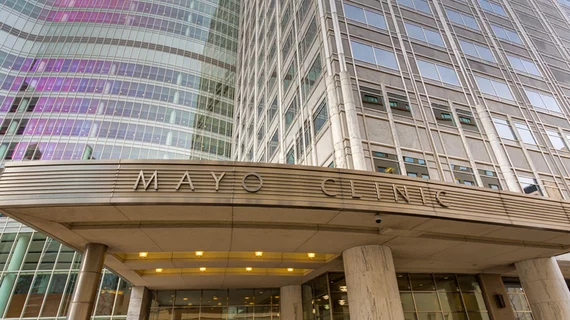Mayo Clinic closes 5 facilities
Mayo Clinic Health System is permanently closing five locations in Minnesota and Iowa.
The Rochester, Minnesota-based healthcare company had closed the five clinics at the start of the COVID-19 pandemic in March 2020 and opted not to reopen any of them. The impacted locations include: Lake Crystal, Sherburn, Trimont and Truman in Minnesota and one clinic in Armstrong, Iowa. The news was first reported by local media outlet KEYC.
“Given the fact that we have so many new ways to connect with patients that came about because of the pandemic, we felt as though this was the right decision in terms of long-term sustainability. Our ability to still connect with patients within these communities in new, innovative and virtual ways,” said James Hebl, MD, regional vice president at Mayo Clinic
The locations had lower patient volume with limited services before the pandemic. Mayo Clinic performed an in-depth evaluation of the sites before deciding to permanently close them. Staff from the clinics were transferred to clinics in Fairmont, Mankato and St. James, where they will continue to work.
The closures come as telehealth has taken off over the last year. As doctors’ offices closed during the pandemic, more patients switched to telehealth and virtual care services to reduce their exposure to the virus.
Mayo Clinic was also a leader in the treatment and care of COVID-19 patients, reporting a mortality rate of 1.1% compared to the national rate of 3%. The company released a report on how it achieved better patients outcomes at the end of 2020.

